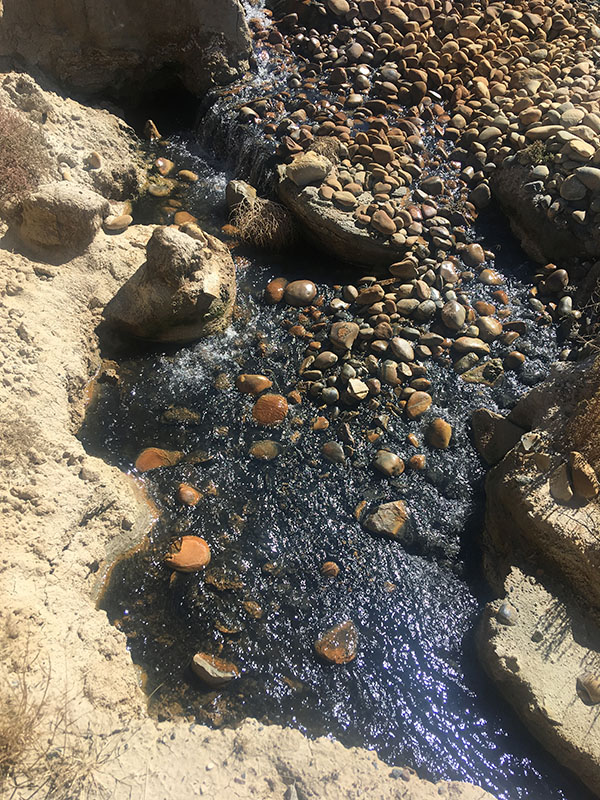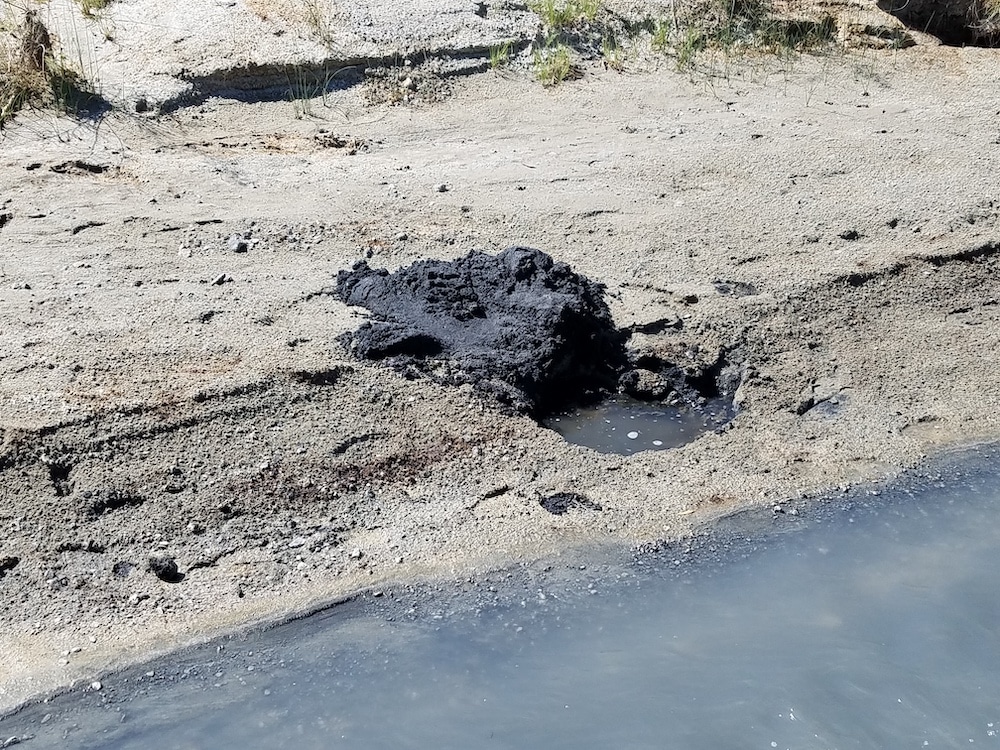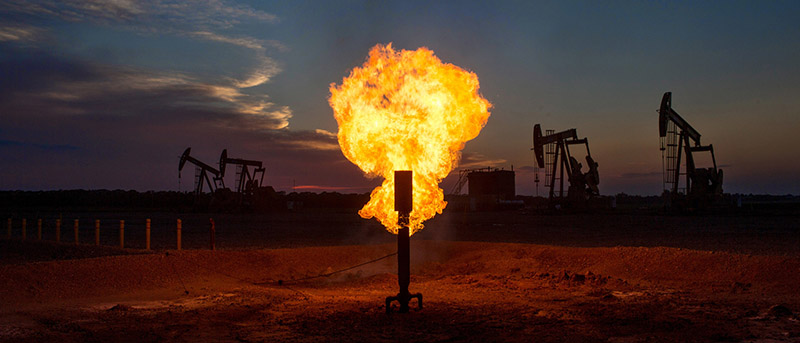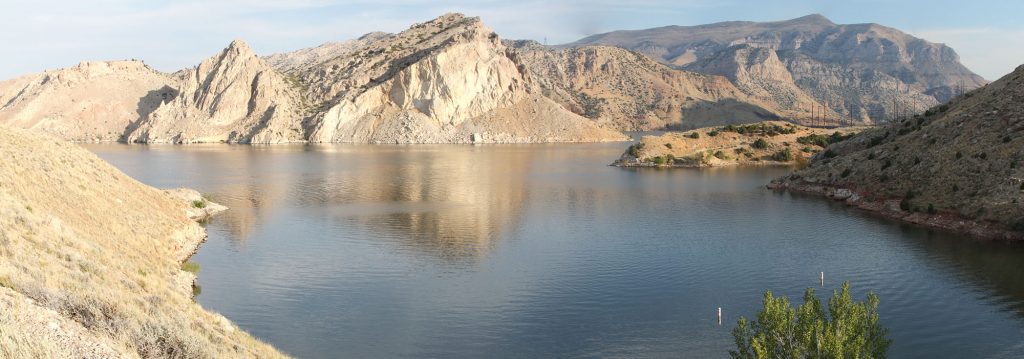Wyoming residents come together to fight for clean water and win, but the fight may not be over.
Written by Jill Morrison, Director of Powder River Basin Resource Council.
Late last year, the Wyoming Department of Environmental Quality (DEQ) told Powder River Basin Resource Council that they would not be approving Aethon’s permit to discharge over 8 million gallons of polluted oil and gas wastewater a day. DEQ noted that concerns raised by citizens in writing and at public hearings played a part in their decision. A critical issue was also the fact that Aethon’s treatment plant had not been functional for months and would not be able to handle treating the huge increase of polluted wastewater.
The scientists hired by Powder River and their allies to review and comment on the proposed permit were also a determining factor for DEQ. Those scientists raised concerns with the discharge permit and questioned the modeling by Aethon. The conclusion was that the permit was not protective of water quality for livestock, wildlife, or aquatic life. The permit would also fail to prevent degradation to Alkali or Badwater Creeks and would likely degrade Boysen Reservoir and the Class 1 water quality of the Wind River. Finally, the low price of natural gas dealt the death blow to Aethon’s plans to expand development in the Moneta Divide field.

In the meantime, Powder River filed a request to DEQ to investigate the current discharges for failure to comply with permit conditions and the agency’s water protection standards. They also filed an extensive public records request, and after culling through those documents and EPA discharge databases, found substantial issues and evidence of widespread water quality violations, including historic problems caused by the Moneta Divide oil and gas waste discharges.
In the recent past, Aethon and DEQ tried to address these water quality problems by attempting to downgrade Badwater Creek, which flows directly into Boysen Reservoir, so it could carry more pollution. Fortunately, that proposal was stopped by EPA. However, instead of requiring DEQ to clean up the pollution, we are likely to see another attempt to downgrade Badwater Creek and allow more pollutants.
Never miss an opportunity to make the West even better: receive our action alerts.
On January 17, Powder River wrote to DEQ raising questions about 15 violations of water quality standards, occurring from 2015 to 2018, caused by discharges from the Moneta Divide field. We wanted to know why DEQ did not issue any notices of violation. These violations of water quality standards included exceedances for oil and grease (one was 289% over the limit), pH, total dissolved solids, zinc, and iron. We also raised concerns about a subcontractor report which documented volatile organic compounds and semi-volatile organic compounds in some of the discharges, yet DEQ did not require any limits for these cancer-causing compounds or move to address the problem. To date, DEQ has not responded to our letter.

For their part, DEQ issued a revised permit in mid-January that still fails to require protection of water quality in Alkali and Badwater Creeks and in Boysen Reservoir. The permit fails to cut back total dissolved solids, chloride, and other constituents and allows Aethon four years to come into compliance with violations of chloride standards in Badwater Creek. The proposed permit also fails to require limits for benzene, toluene, ethylbenzene, and xylenes.
Powder River and their allies, Wyoming Outdoor Council, Natural Resources Defense Council, and the National Audubon Society will continue their work to ensure these streams are protected and restored.
Learn more:
Iconic Wyoming Reservoir Endangered by Produced Water From Oil and Gas Development
Proposed Changes to the National Environmental Policy Act (Nepa) Threaten to Silence Public Input

Help create a healthy and sustainable West. Support WORC today.

